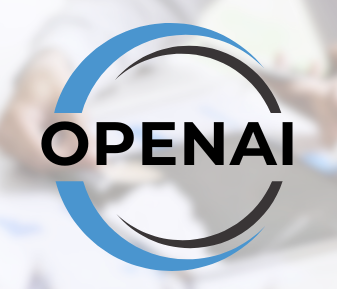How to Shape Your Career with AI: From Apprentice to Innovator
Featured Image: A photo of a person working with a laptop, surrounded by futuristic digital elements representing AI (think glowing lines, circuit boards, and robots).
The world is buzzing with the power of Artificial Intelligence (AI). From self-driving cars to personalized medicine, AI is transforming every industry imaginable. But what does this mean for your career? Is AI a threat, or an opportunity to skyrocket your success?

Fear not, fellow career navigators! This post is your guide to shaping your future with AI, not fearing it. We’ll explore how to leverage AI’s power to:
- Boost your skills and knowledge.
- Land your dream job.
- Become an AI innovator yourself.
1. Embrace the AI Apprentice:
Think of AI as a super-powered toolkit waiting to be unlocked. Start by learning the basics:
Core AI concepts: Machine learning, deep learning, natural language processing, etc.
Programming languages: Python, R, and Java are popular choices for AI development.
Online courses and resources: Platforms like Coursera, and Udacity offer fantastic AI courses for all levels.
Diagnosis and Imaging:
Medical Imaging: AI algorithms can analyze medical images, such as X-rays, MRIs, and CT scans, to assist in the early detection of diseases like cancer, fractures, or abnormalities.Pathology: AI is used to analyze pathology slides, helping pathologists in diagnosing diseases with higher accuracy.Drug Discovery:
AI is employed in the drug discovery process to analyze vast datasets and identify potential drug candidates more efficiently. This can significantly accelerate the drug development pipeline.Personalized Medicine:
AI analyzes patient data, including genetics, lifestyle, and environmental factors, to tailor treatment plans and medications to individual patients, maximizing effectiveness and minimizing side effects.
Predictive Analytics:
- AI models analyze patient data to predict disease outcomes, identify potential health risks, and recommend preventive measures. This can help in early intervention and personalized healthcare planning.Virtual Health Assistants:
- AI-powered virtual assistants and chatbots provide instant health information, answer queries, and offer guidance on managing health conditions. They can also schedule appointments and send medication reminders.Remote Monitoring:
- AI enables continuous monitoring of patients with chronic conditions through wearable devices. The data collected can be analyzed in real-time, allowing healthcare providers to intervene promptly if any issues arise.Robotics in Surgery:
- AI-assisted robotic systems enhance the precision and capabilities of surgeons during complex procedures. This can lead to less invasive surgeries, reduced recovery times, and improved patient outcomes.Administrative Efficiency:
- AI streamlines administrative tasks such as billing, appointment scheduling, and record-keeping, allowing healthcare professionals to focus more on patient care.Fraud Detection and Security:
- AI algorithms can detect anomalies and patterns in healthcare data to identify potential fraud and enhance the overall security of patient information.Research and Data Analysis:
- AI helps researchers analyze vast amounts of medical literature, clinical trials, and patient data, accelerating the pace of medical research and contributing to scientific breakthroughs.
Waitage
volume
effects


